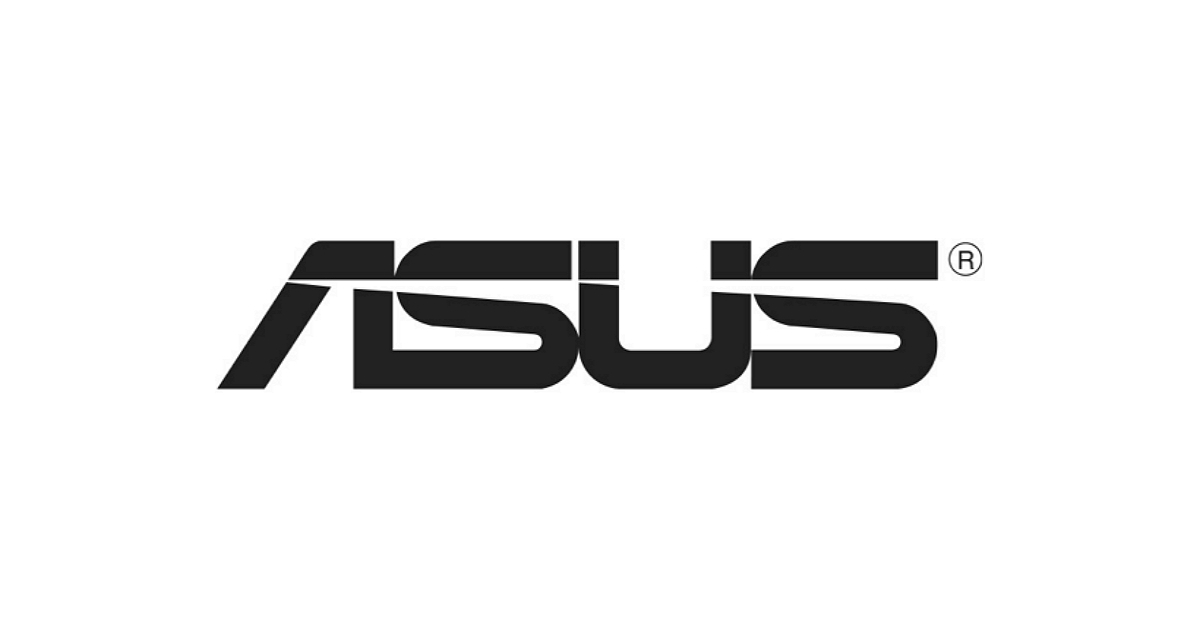Page speed is a critical factor in technical SEO, directly impacting the user experience and search engine rankings. A slow-loading website can lead to high bounce rates, reduced conversions, and lower rankings. SEO writing (also known as “writing for SEO”) is the process of planning, creating, and optimizing content with the primary goal of ranking in search engines like Google. It includes taking BHS Links steps like keyword research, crafting top-notch content aligned with user intent, and organizing content under headers to allow for page crawling. Search engine optimization (SEO) and search engine marketing (SEM) techniques both offer ways to increase sales, but they use different approaches.
The Complete SEO Guide for Beginners
On-page SEO refers to the optimization process of individual pages from a site to increase its ranking on organic search results. AI content creation tools (like Shopify Magic and Jasper) can produce marketing copy from a simple prompt. Improve this copy with keyword optimization tools like Surfer—and just like that, you have a ton of engaging, optimized content ready to add to your website. Next, make sure your images are the optimum size and file format. Google likes large, high-quality images—it just doesn’t love huge file sizes that lead to longer load times.
Local SEO Best Practices
Thus, joining relevant groups and creating content related to specific topics works in your favor. In addition to the number of relevant connections, endorsements for skills and written recommendations highlight your authority and improve your reputation. While it isn’t technically SEO, it still has a positive influence on your search ranking.
Be sure to organize your written content using the proper headings. Entry-level positions typically offer ₹2.5-4 lakhs per annum, while experienced SEO specialists can earn between ₹4-8 lakhs annually. Senior roles like SEO managers or directors can command salaries ranging from ₹7-18 lakhs or even higher in some cases. Search engines function like vast digital libraries that scan and catalog billions of web pages.
As such, building your brand reputation by optimizing your listings, gaining positive press, and asking for reviews is essential for SEO. Much of this falls under the realm of local SEO but there are plenty of brand-buiding strategies that apply to non-brick-and-mortar businesses too. What actually constitutes quality, targeted, EAT-friendly, and SEO-optimized content?
- Essentially, you need to compare the quality the content currently ranking with yours.
- There’s a high chance you can improve the CTR by writing a better title tag and meta description for the page that ranks for the query.
- Publish blogs and other in-depth content that signals your authority on topics related to your brand.
- High-quality backlinks help your SEO rankings, while poor-quality backlinks can hurt your site’s credibility.









